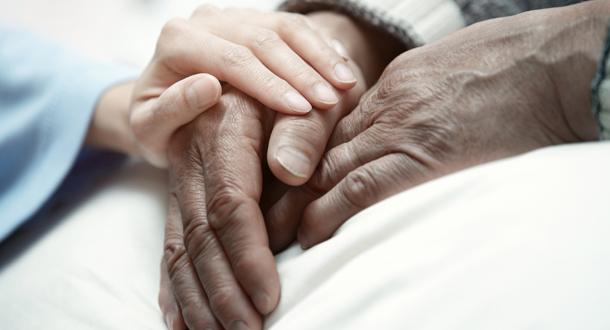 Scripture:
Scripture:
Philippians 4:10-19
Luke 16:9-15
Reflection:
I see a continuous stream of articles decrying the fact that so few Americans have money saved for retirement. The current economic and political climate makes this more serious, as many are concerned (and quite reasonably so) that Social Security and Medicare are going to be cut or eliminated in the near future and the situation will become exponentially worse. As I continue to rack up birthdays, I speculate on whether or when I could retire myself. It’s a question of money, and money is a thorny issue all the way around.
All of scripture, including the Gospels and the life of Jesus in particular, highlight our duty and responsibility to share what we have, taking great care to tend to the poor, marginalized, and ill among us. If we all did that, the retirement issue would not be so problematic. But I do not see it being lived out in our current laws, politics, and social media discourse. Although a tiny portion of elders are independently wealthy, there are huge populations barely getting by, who are forced to decide between paying for medicine vs. paying for food, or who live (and often die) on the margins of society. Instead of increasing social aid, giving needy people assistance that allows them to improve their condition, providing medicines and healthcare that isn’t dependent on one’s wealth, and enacting equitable tax structures, decisions seem to be aimed at protecting the wealth of the wealthiest and making every decision based on what is best for “business”.
How are those of us in the middle supposed to react? If we have more than just the bare minimum to survive, should we save more, or share more? Is there a difference between an unhealthy love of money (which Jesus warned so strongly against) and a healthy desire to have enough to ensure one isn’t a burden on family or society? Is it morally wrong to save money for oneself in a world in which so many others have little to nothing? Indeed, how much is “enough” and who gets to decide? Can I (and should I) avoid judging those who clearly hold a disproportionately high percentage of the world’s wealth, but who fight to keep it for themselves while disparaging and cutting off those who work endless hours just trying to provide the basics of life?
I wrestle on a personal and societal level, and there are no easy answers. I know that on the societal level I need to raise my voice and to vote to see less emphasis on unfettered protections for whatever is “good for business” and whatever allows the ultra-wealthy to get wealthier yet. I want laws and tax structures that increase aid, allow for expenditures on infrastructure, build strong and ethical police and first responder services, and provide for quality education for every child regardless of economic status or location. I will continue to work for these things, even as I see them being increasingly gutted in order to line the pockets of the already-rich and powerful.
The personal level is more difficult. I have saved over the years for my retirement, and as I navigate my 60’s I am saving as much more as I reasonably can. My heart breaks when I see the economic disparity in our country and I pray I am not contributing to it. I am challenged when I face the reality that my savings could be considered an unjust or selfish accumulation of wealth, that even though my accumulation seems tiny by comparison, it makes me part of the “haves” that I rail against. I want to believe that I will be OK as I age, that as Paul says, I can rely on my faith to see me through anything, and that I will find a way to manage. But honestly I am scared. I also believe that if no one ever saved for retirement or to provide for themselves, it would make the situation worse overall and create even greater disparity. Am I doing the right thing? I don’t know.
So for me, for now, I have decided to continue giving time, money, and talent to those in need. I refuse to close a blind eye to the desperate circumstances of too many people’s lives and will do what I can to bring greater justice and equity, and to enact policies that aid and protect the most vulnerable. At the same time, though, I am taking steps to hopefully prevent sinking into desperate circumstances myself. I don’t want to be a burden to my family or to society. Even so, my prayers and struggle are not over. I imagine I will wrestle with these questions my entire life, and my decisions may change in the future.
What about you? What are you doing with your money, both now and into the future? How does it fit into your faith perspective and Jesus’ example? I believe each one of us has to wrestle with our own circumstances, and make the best decisions we can to follow the Gospel. I ask your prayers in this struggle, and I promise to likewise pray for you.
Amy Florian is a teacher and consultant working in Chicago. For many years she has partnered with the Passionists. Visit Amy’s website: http://www.corgenius.com/.
